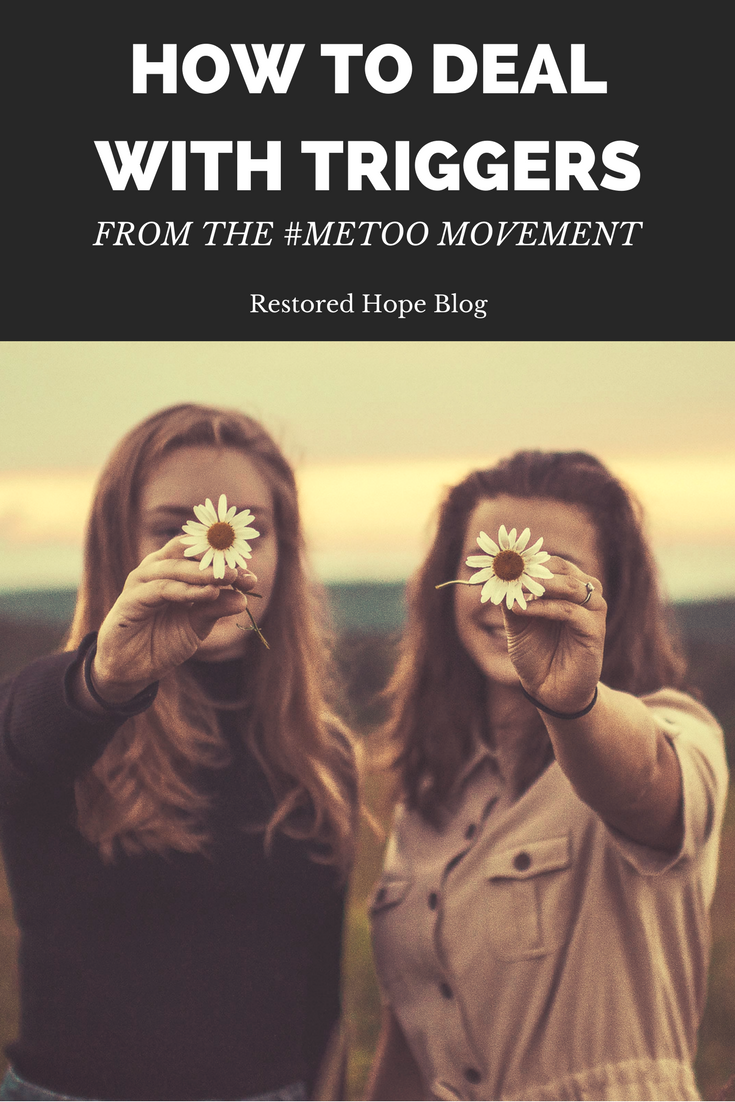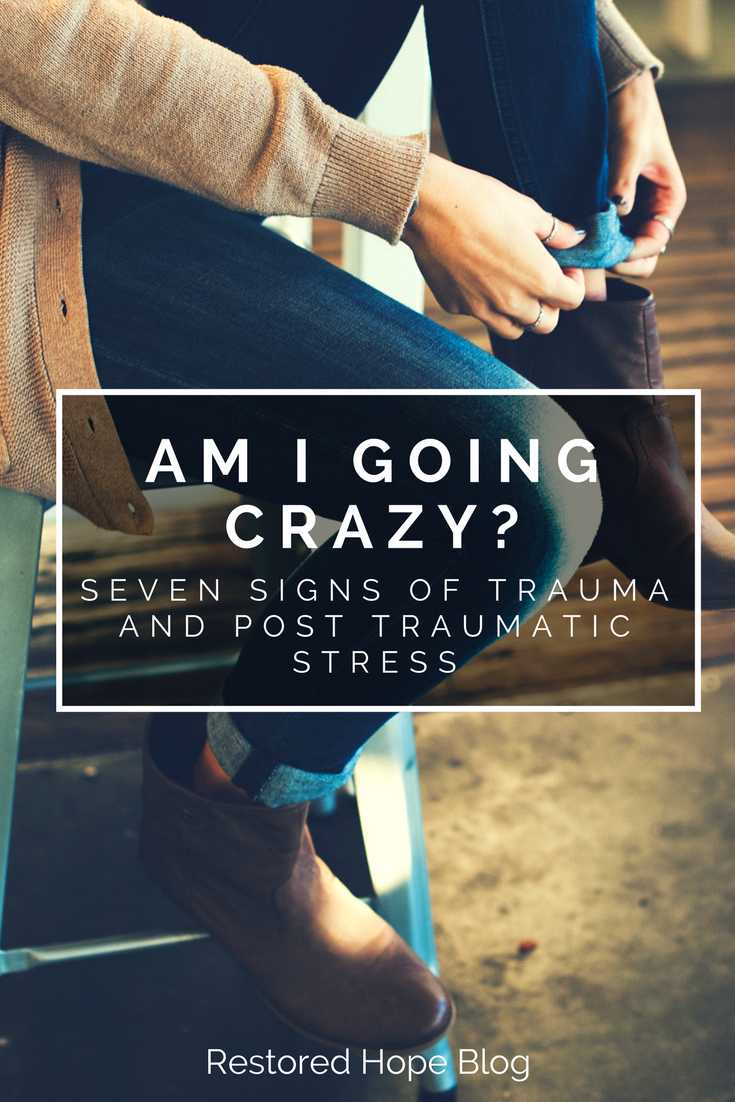It’s safe to say there’s been quite a bit of impactful news about women and sexual abuse in the media lately. Fromthe women’s march in January 2017 and 2018, the #metoo movement that swept through social media, and the series of revelations of sexual harassment from male celebrities and ensuing consequences, it is clear that the rights of women are taking precedence in our world. Locally, the MSU Nasser trial has been heating up in national media and the shock of the sheer numbers of victims has been appalling to many of us.
I’m not an expert in these news stories. I’m not well read enough or as conscious as I could be. But I do know that this increase in awareness of women’s issues can have some huge effects not only on our culture and our world, but on what I see in my office. As I work with both my partners of sex addicts and female sex addicts themselves, I find that these news stories are triggering all sorts of past experiences of abuse or harm in their marriages or elsewhere.
Here are some of the good things I see in the increasing conversation around women’s rights.
We are speaking out against sexual violence and abuse more than ever before.
You only have to turn on the TV or scroll through your news feed to see stories of women speaking out about sexual abuse and sexual violence. If you’re a survivor of sexual abuse or harm, my hope is that this prevalence helps you to realize that you are not alone. Sexual abuse has been kept a shameful secret for many women for too long. In a culture that normalizes objectification of women, women can feel complicit in their sexual abuse, or as if they were at fault for the harm that was done to them. To hear other women speaking out to say that sexual harassment and violation is wrong and that they are not at fault for what was done to them can give you confidence to know that the abuse was not your fault.
Objectification and oversexualizing of women in our culture is being called out.
I recently visited an auto tech in the area to get my tire pressure checked, and as I was leaving the facility, the male technician working on my car called me “sweetie.” I don't believe he meant any harm by that comment, and in the past, I certainly wouldn’t have thought much of it. In fact, I might’ve seen it as a compliment. But in the wake of the cultural turmoil over women’s issues, I felt uncomfortable. I realized how that tiny word was reflective of a cultural norm that subtly sexualizes women.
Pornography is another major component of the oversexualization of our culture. Women in these films are viewed as sexual objects that are only meant to be used for gratification and pleasure. Women are perceived to be welcoming of violent, abusive sexual acts. A number of studies have shown a link between use of pornography and sexual aggression. These films can communicate the myth that women enjoy sexual violence or aggression, and that her “no” is more of a “maybe.”
We are beginning to see gender inequality as an issue unconsciously in existence for longer than we previously thought.
According to author and sex addiction researcher Marnie Ferree at a talk I attended of hers this fall, violence in pornography is reflective of greater cultural issues that have been there long before the mass production of adult films. The stereotypes appear in the sexual realm through these images, and they feed back into gender inequality. Gale Dines, author of the book Pornland: How Porn Has Hijacked Our Sexuality*, talks about the impact of pornography on sexuality and outlines some of the stereotypes that have crossed into daily life.
I believe these are positive changes. But at the same time, the growing conversation can be triggering for women who have experienced sexual abuse or harm, or whose husbands have been engaged in addictive sexual behaviors. Areas that previously were ignored or pushed under the rug cannot be ignored any longer. It is important for women who feel triggered by these news stories to both receive support from others and take action to care for themselves. Here are some thoughts I have on ways to take action in response.
There is a needed shift toward speaking the unspoken cultural messages associated with being a woman.
A therapist friend shared this article with me that speaks about the unspoken cultural expectation that women have to feel uncomfortable and ignore their discomfort. As women, we are brought up to believe that being uncomfortable is the norm: in order to be attractive, women have to wear tight clothes and high heels. “At every turn, women are taught that how someone reacts to them does more to establish their goodness and worth than anything they themselves might feel.“ This is most obviously demonstrated in the acceptance that many women have that sex is painful rather than enjoyable. When we begin to accept our feelings of discomfort as normal, then we don’t know how to tell when our discomfort is related to real issues, and that can lead to being taken advantage of sexually. We’ve lost the sense of knowing when we can say no.
We can’t deny the impact of sexual addiction any longer.
When we read about the court case of Larry Nasser, we hear the stories of his 168 victims and the impact his actions have had on their lives. While pedophilia and sexual addiction are not synonymous, I would not be surprised to find out that Nasser was a sex addict as well. Regardless of what we think about compulsive sexual behavior, I believe we can all agree that it is a problem.
Women who are married to sex addicts face the reality of the pain of objectification on a daily basis. If you’re in this position, it is likely that your life, marriage, and sense of healthy sexuality have been ripped apart in the fallout of your spouse’s addiction. Reading stories in the media about sexual abuse and harm can trigger your own personal pain of being married to an addict. Practicing self-care, monitoring your triggers from the media, and seeking to stay in your window of tolerance can help you not to become overwhelmed by these media stories.
Shaming and condemning is not the answer.
In response to these claims made above, we may get fired up and angry to a point that we cross over into man-hating and shaming all those who struggle with objectification of women or sexual addiction. And to be fair, it is difficult to demonstrate compassion to offenders or the accused. But as an addiction therapist, one thing I know to be true is that shame feeds addiction. The more ashamed an individual feels about their addiction, the more likely they are to turn to the things that helped them to self-medicate in the first place because addictive behaviors are incredibly efficient at making the pain go away. Addicts need compassionate people who can see them in their pain and help them to heal. While you might not be able to provide that compassion, you can lead those you know who are addicted to people who can help.





